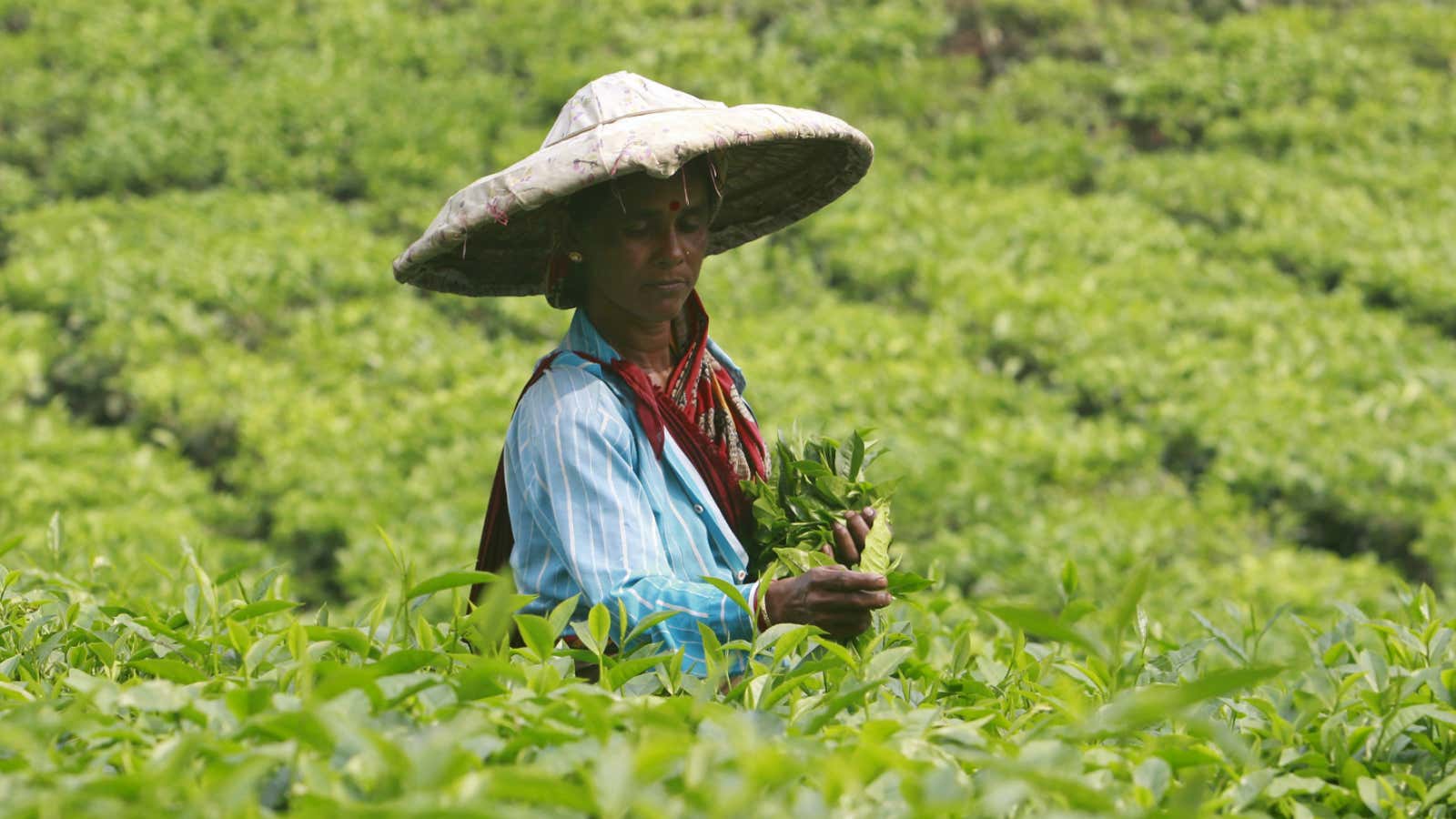For over 150 years, tea grown in West Bengal’s Darjeeling—one of the world’s most expensive varieties—has been sold in weekly “private” auctions to large tea houses in Japan, America, and Europe.
Now, for the first time, the bidding for the finest leaves of the famed Indian Darjeeling tea will move online, marking a quiet end to a long-standing ritual.
By breaking away from the manual auction processes organised across seven centres—Kolkata, Siliguri, Guwahati, Jalpaiguri, Coonoor, Cochin, and Coimbatore—tea traders and associations in eastern India are hoping their produce will fetch better prices.
At a press conference in Kolkata on May 10, commerce secretary Rita Teaotia announced the launch of pan-India e-auctions in June this year, which she said would help with “better price recovery.” Darjeeling tea will now be part of the e-auctions.
“The new system will allow a registered buyer or seller of tea with any one of the seven auction centres to seamlessly participate at other auction centres,” said Teaotia, in an interview with The Economic Times. A tea buyer must be registered with one of the auction centres to be able to bid.
India, the world’s second-largest tea producer, first allowed e-auction of tea in November 2008, hoping for better price discovery and access to buyers globally. Since then, the e-auction platform created by the National Stock Exchange’s IT wing has sold approximately 534 million kilograms of tea every year.
However, the much coveted Darjeeling tea, whose prices can soar sharply during an auction, was left out, citing high price variations. Tea traders have since been seeking its inclusion in e-auctions.
“The teas are very fine and the bidding prices can shoot up very quickly. It involves a lot of money,” explained Shivaji Sen, an associate director at Kolkata-based Ambootia Tea Group, which manages estates in Darjeeling.
The Darjeeling tea auction, which once fetched a record $1,850 or Rs 1.12 lakh for a kilo in 2014, is an exclusive event, where international buyers pay top dollars for a few kilos, especially for the coveted first flush. On an average, a kilo of Darjeeling tea can cost between Rs550 ($8) and Rs600 ($9). The region contributes about 1% to India’s total tea production.
Rajiv Lochan, owner of Siliguri-based Lochan Tea, which owns estates of Darjeeling tea, will miss the noisy bidding rooms.
“Prices go from Rs100 to Rs1,000 in a matter of minutes,” he said. While Lochan hopes the auctions will help tea sellers with more orders, it’ll also be the end of a tradition in India’s tea industry. “It will be very quiet from now on.”
